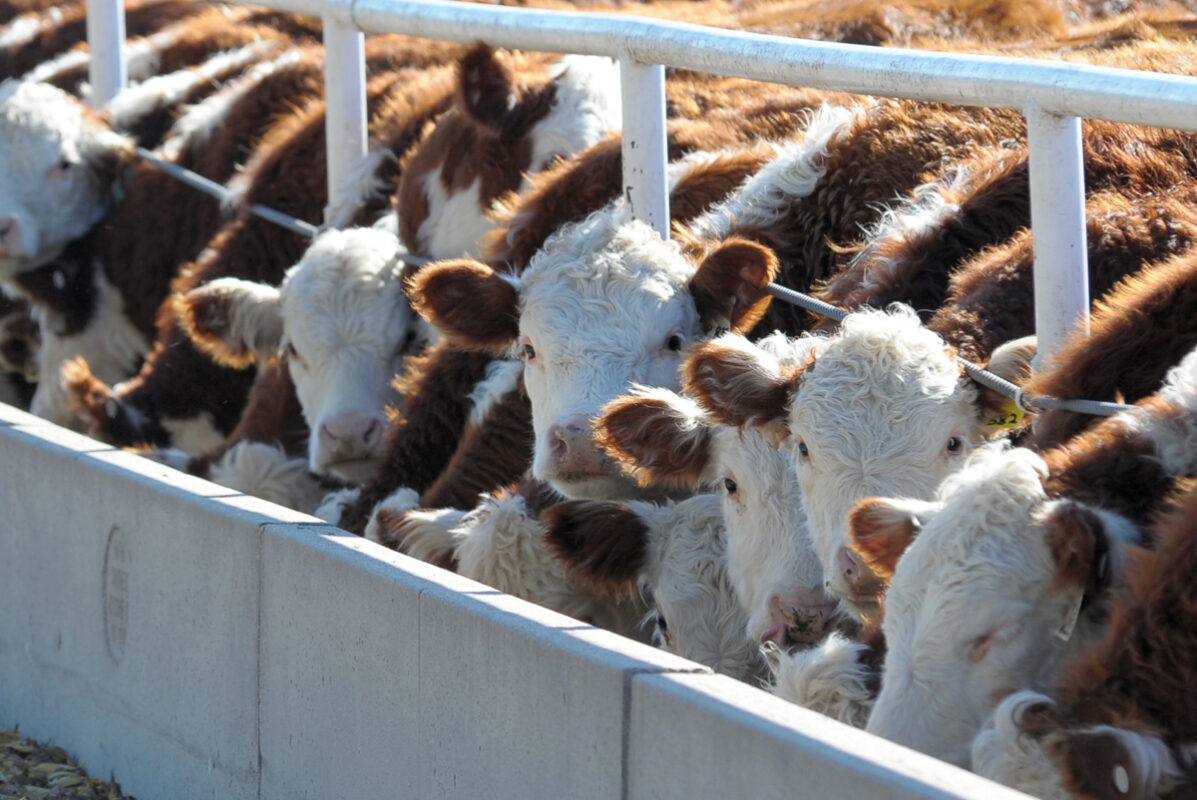
Assessing environmental antibiotic resistance in surface waters near concentrated animal feeding operations in Michigan
Roughly 80% of antibiotics used in the United States are given to farm animals to treat and prevent livestock illnesses and to promote animal growth. This process involves providing animals…
Roughly 80% of antibiotics used in the United States are given to farm animals to treat and prevent livestock illnesses and to promote animal growth. This process involves providing animals with low-level doses, which creates conditions for bacteria to develop resistance to the antibiotics resistance and then proliferate, leading to the spread of antibiotic-resistant genes (ARGs). ARGs can potentially transfer from animals to human populations through various pathways, such as ingestion of ARG-contaminated produce or environmental ARG pollution. This poses a serious health concern – when bacteria or pathogens develop a resistance to the effects of antibiotics, it can become difficult or impossible to treat infections. In the United States, more than 2.8 million antimicrobial-resistant infections occur each year and more than 35,000 people die from them. Globally, antimicrobial-resistance kills at least 1.27 million people per year.
The health impacts and implications for livestock and slaughterhouse workers exposed to antibiotic-resistant bacteria have been extensively studied, but there exists a significant gap in our understanding of the impacts on broader residential populations near agricultural operations. Emerging evidence suggests that living in proximity to livestock operations and areas with manure applications in particular may pose health risks, including an increased likelihood of developing skin and soft-tissue infections, worsening of chronic obstructive pulmonary disease (COPD), and exposure to antibiotic-resistant germs like livestock-associated MRSA. We plan to collect and analyze water samples in residential areas of Michigan adjacent to concentrated animal feeding operations (CAFOs), an intensive form of industrialized livestock operation, for the presence and concentration of microbial markers of ARGs. We hope that our research will assist in developing a better understanding of the severity of risk faced by residents near CAFOs and offer valuable insights to guide public health policies and practices.
Student Team: Tiffany Astilla, Sara Aziz, Amy Choi, Jimmy Ho, Olivia Low, Samantha Low, Jasmine Nguyen, Camille Sytko, and Tracy Tran
Client: Socially Responsible Agriculture Project
Advisor: Yuwei Kong
